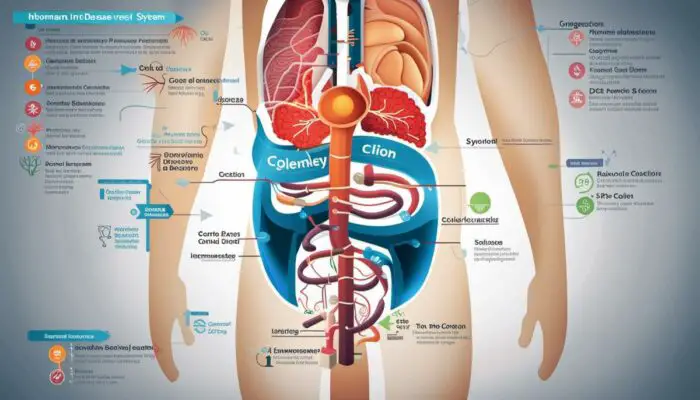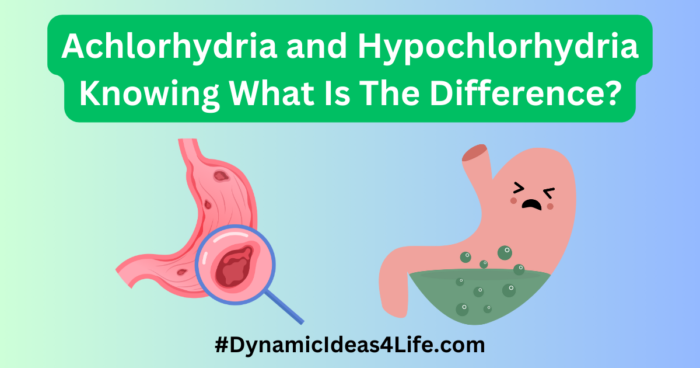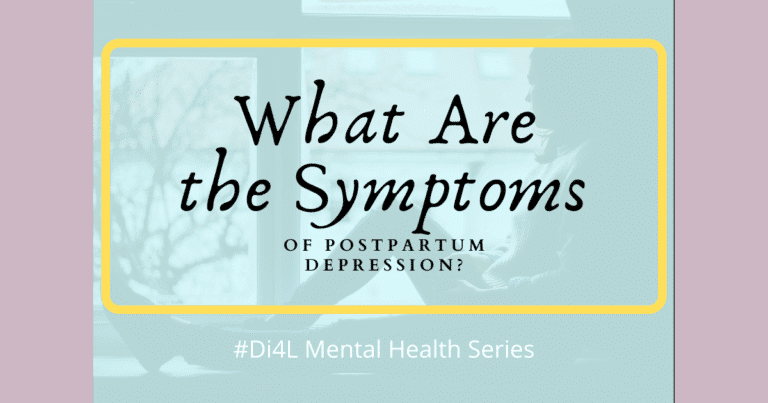
If left Untreated GERD can have many unfortunate consequences. As far as our health is concerned esophagitis (inflammation of the esophagus), Barrett’s esophagus (a precancerous condition), and even esophageal cancer are all possible outcomes. So seeking the right treatment, for this reason, is an absolute must.
Now, GERD, or gastroesophageal reflux disease (for those who don’t know) is a chronic condition that affects millions of people worldwide. It occurs when the stomach acid flows back into the esophagus, causing irritation and discomfort. However, while occasional heartburn or acid reflux is fairly common GERD is a more severe and persistent form of this condition. For those that suffer it can be very unpleasant and even embarrassing.
It is one of the most common Gastrointestinal diseases with an estimated 20% of the Western Hemisphere suffering from this condition. Although, many do not even know they have GERD so let’s take a look at this.
Untreated GERD and its Impact on Your Health
GERD is caused by a weakened lower esophageal sphincter (LES), which is the muscle that separates the stomach from the esophagus. When this muscle doesn’t function properly, stomach acid can flow back into the esophagus, causing irritation and inflammation.
Common causes of GERD include;
- Obesity,
- Smoking,
- Pregnancy, and
- Certain Medications (eg. NSAIDs)
The most common symptom of GERD is heartburn, which is a burning sensation in the chest that often occurs after eating or lying down. Other symptoms may include regurgitation, difficulty swallowing, and a chronic cough. However, still, it is important to note that some people with GERD may not even realize they have any symptoms at all, which is why it is often referred to as a silent disease.
So with this in mind, if you do find out you have GERD it is crucial to seek treatment for this condition as early as possible to prevent further complications. Please keep reading below to see how you can act today…
Untreated GERD and Serious Health Complications
Having untreated GERD can lead to a variety of serious health complications. One of the most common complications is esophagitis, which occurs when the lining of the esophagus becomes inflamed. This can cause pain, difficulty swallowing, and even bleeding. If left untreated, esophagitis can lead to the development of ulcers and strictures, which are narrowings of the esophagus that can make swallowing even more difficult.
Another potential complication of untreated GERD is Barrett’s esophagus. This is a condition in which the cells lining the esophagus change and become similar to those found in the intestines.
It is, for those concerned, not a cancerous condition, but it is considered a precancerous condition because it increases the risk of developing esophageal cancer. Something you really don’t want to develop. Now…
Chronic Acid Reflux: Uncovering the Long-Term Consequences
Chronic acid reflux, which is a common symptom of GERD, can have long-term consequences on the esophagus. The constant exposure to stomach acid can cause the lining of the esophagus to become damaged and eroded over time. This can lead to a condition called erosive esophagitis, which is characterized by inflammation and ulcers in the esophagus eroding the tissue lining of the esophagus.
If left untreated, this chronic acid reflux can then lead to Barrett’s esophagus (the condition mentioned above). This occurs when the cells in the lining of the esophagus change and become similar to those found in the intestines. Over time, these abnormal cells can progress to become cancerous.
It should be a good reason, if any, to take immediate action if you find out you have GERD. I share a few ideas that can help towards remission of GERD symptoms in this article here,
But just to really give you more clarity I will share the other consequences of untreated GERD below.
GERD’s Impact on Digestive Health: Beyond Heartburn
While heartburn is often the most well-known symptom of GERD, this condition can actually have a significant impact on the digestive system as a whole. Constant exposure to stomach acid can irritate and inflame the lining of the digestive tract, leading to a variety of digestive issues.
One common digestive issue associated with GERD is dyspepsia (Indigestion), which is characterized by symptoms such as bloating, nausea, and stomach pain.
This can make it difficult to eat and digest food properly, leading to further discomfort and complications.
In addition, GERD can also contribute to the development of other gastrointestinal conditions such as gastritis (inflammation of the stomach lining) and peptic ulcers (open sores in the lining of the stomach or small intestine). These conditions can cause pain, bleeding, and even perforation of the digestive tract if left untreated.
The Connection Between GERD and Respiratory Problems
Untreated GERD can also have a significant impact on respiratory health. When stomach acid flows back into the esophagus, it can also enter the airways and lungs, causing irritation and inflammation. This can lead to a variety of respiratory symptoms such as coughing, wheezing, and shortness of breath.
One common respiratory problem associated with GERD is asthma. Studies have shown that there is a strong link between GERD and asthma, with up to 80% of people with asthma also experiencing symptoms of GERD. The exact mechanism behind this connection is not fully understood, but it is believed that the irritation caused by stomach acid in the airways can trigger asthma symptoms.
Untreated GERD and Oral Health (Gum Disease etc.)
Untreated GERD can also have a negative impact on dental health. The constant exposure to stomach acid can erode tooth enamel, leading to tooth sensitivity, cavities, and even tooth loss.
In addition, the acid can also irritate the gums and contribute to gum disease. Many think that brushing every day is the key to maintaining perfect oral health but this does not matter when it comes down to acid reflux.
Exactly why It is important for individuals with GERD to take extra care of their dental health by practicing good oral hygiene habits such as brushing and flossing regularly and visiting the dentist regularly for check-ups and cleanings. In some cases, a dentist may recommend additional measures such as wearing a night guard to protect the teeth from acid erosion.
*I recommend trying Peppermint Tooth Oil to both help neutralize stomach acid and reduce the effects of GERD.
Untreated GERD and Increased Risk of Esophageal Cancer
Perhaps one of the most concerning hidden dangers of untreated GERD is the increased risk of developing esophageal cancer. Chronic acid reflux can lead to the development of Barrett’s esophagus, which is bad enough but over time, these abnormal cells in the lining of the esophagus can progress to become cancerous.
And this is very serious because Esophageal cancer is often a deadly disease that you really don’t want to get. Why It is important for individuals with GERD to be aware of this potential risk and to seek proper treatment in order to prevent the development of cancer cells.
Regular screenings and monitoring by a healthcare professional can help detect any changes in the esophagus early on and allow for prompt treatment if necessary.
Mental Health and GERD: The Psychological Toll
Living with chronic acid reflux can take a toll on a person’s mental health. The constant discomfort, pain, and disruption to daily life can lead to feelings of frustration, anxiety, and even depression. In addition, the impact on sleep quality due to nighttime symptoms can further exacerbate these mental health issues.
It is important for individuals with GERD to seek support from healthcare professionals and loved ones in order to address the psychological impact of living with this condition. Counseling, support groups, and stress management techniques can all be helpful in managing the emotional toll of chronic acid reflux.
Untreated GERD and Nutritional Deficiencies
Untreated GERD can also lead to nutritional deficiencies. Constant exposure to stomach acid can interfere with the absorption of nutrients in the digestive tract, leading to deficiencies in essential vitamins and minerals.
One common nutrient that may be affected by GERD is vitamin B12. Stomach acid is necessary for the absorption of vitamin B12, so individuals with GERD may be at a higher risk of deficiency. Other nutrients that may be affected include Iron, Calcium, and Magnesium.
It is important for individuals with GERD to work with a healthcare professional to address any potential nutritional deficiencies. This may involve dietary changes, supplementation, or other interventions to ensure that the body is receiving the necessary nutrients for optimal health.
How Early Intervention Can Prevent Long-Term GERD Complications
Early diagnosis and treatment of GERD are crucial in order to prevent long-term complications. Lifestyle changes such as maintaining a healthy weight, avoiding trigger foods, and elevating the head of the bed can help reduce symptoms and prevent further damage to the esophagus.
In addition to lifestyle changes, there are also medical interventions available for the treatment of GERD. These may include over-the-counter or prescription medications that help reduce stomach acid production, as well as surgical procedures such as fundoplication, which involves wrapping the upper part of the stomach around the lower esophageal sphincter to strengthen it.
It is important for individuals with GERD to work closely with a healthcare professional to develop a personalized treatment plan that addresses their specific needs and symptoms. Regular check-ups and monitoring can help ensure that the condition is being properly managed and that any potential complications are detected early on.
In Conclusion
In conclusion, understanding the hidden dangers of untreated GERD is crucial in order to prevent serious health complications. From the impact on digestive health to the increased risk of esophageal cancer, GERD can have far-reaching consequences if left untreated.
For this very important reason, individuals with GERD absolutely must seek proper treatment and work closely with healthcare professionals to manage their condition effectively.
By doing so, they can reduce symptoms, prevent further damage to the esophagus, and improve their overall quality of life. It really is as simple as this. [You can read more about GERD and Acid Reflux in our articles HERE}

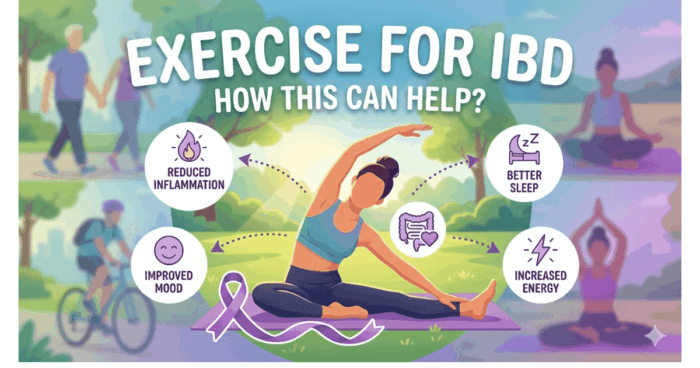


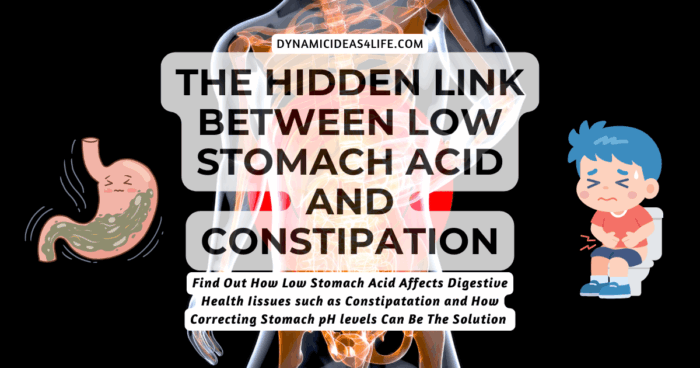

Anxiety and Depression BiOptimizers blood pressure supplements blood sugar support supplements cognitive function Digestive Enzymes Supplement digital products Dr Sam Robbins Exercise Gut Health Health Tips for Travelling Healthy Living heart health HFL how to lower blood sugar levels How To Lower Cholesterol insulin resistance joint health supplement Keto keto dieting Keto Diet Weight Loss leaky gut supplements leptin resistance list Magnesium deficiency Matt Gallant mental health multivitamins Nootopia Nootropics nutrient supplements Probiotics Probiotic Supplements proteolytic enzymes reverse type 2 diabetes stress and anxiety stress relief vitabalance vitapost Wade Lightheart weight loss articles weight loss diet plans weight loss product reviews weight loss supplements weight loss tea

